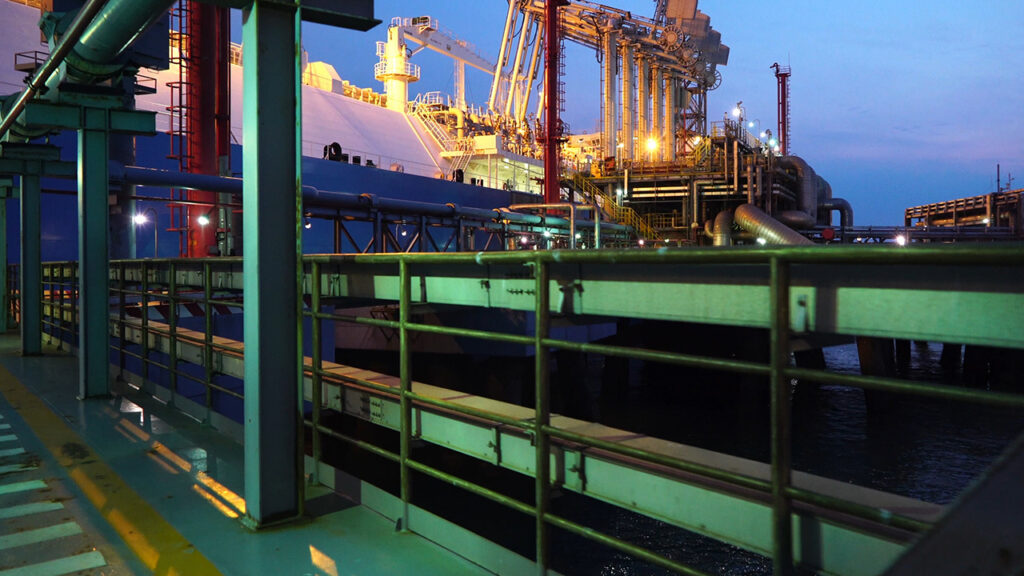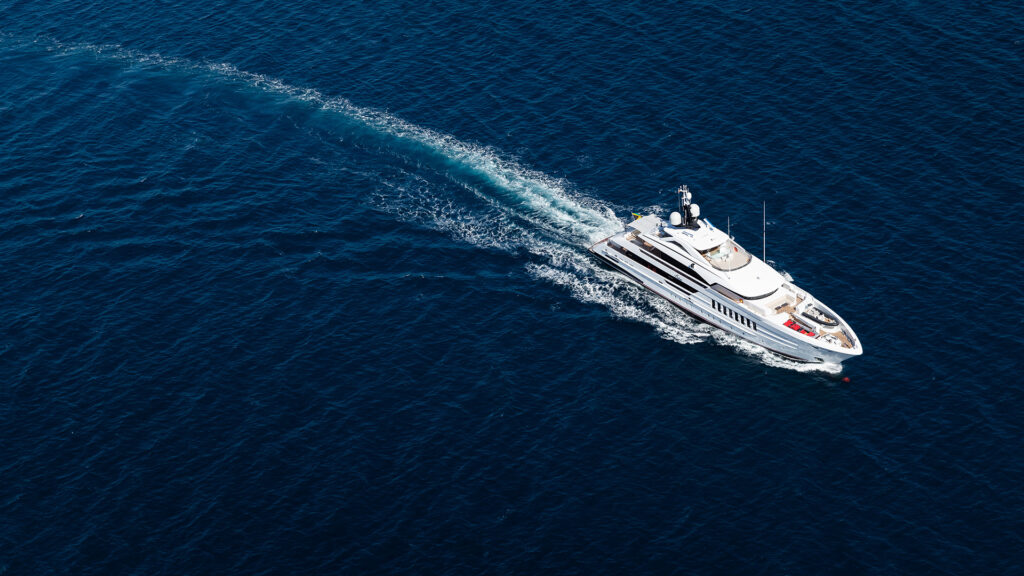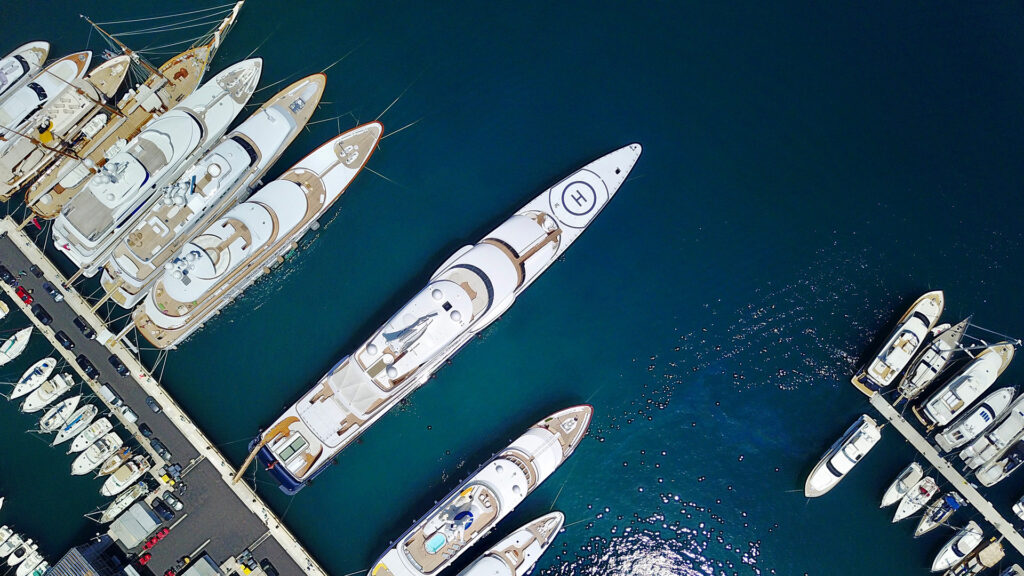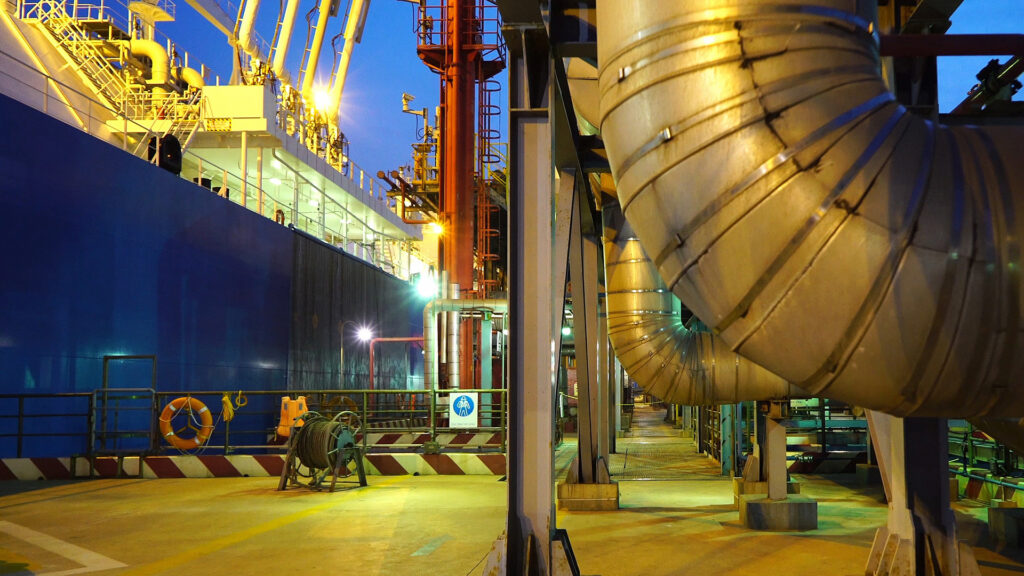Weighed down
There will be few winners with the IMO’s container weighing ‘solution’ as HFW’s Matthew Gore explains.
This article first appeared in the December 2013 issue of Port Strategy and is reproduced with permission. www.portstrategy.com
With the conclusion of the highly anticipated IMO Subcommittee’s meeting on Dangerous Goods, Solid Cargoes and Containers (DSC 18) in September, the industry now has a definitive answer on container weighing.
Misdeclared container weights have been a long-standing problem for the transportation industry and governments alike as they present safety hazards not only for ships and their crews, but for other cargo on board, as well as workers in port facilities handling containers and on roads. Incorrectly declared weights inevitably lead to incorrect ship stowage and in some cases cause, or contribute to, accidents.
This led the shipping industry to call for amendments to the Safety of Life at Sea (SOLAS) Convention. It was suggested that the solution was to call for mandatory weighing of all containers, a proposal supported by the World Shipping Council and the Global Shippers Forum.On the other side of the spectrum, both the European Shippers Council and Asian Shippers Council strongly disagreed with the concept of mandatory weighing of containers in principle. They maintained that not only would it be costly and ineffective, but would inevitably cause an administrative burden to shippers with the impact being felt around the world in the supply chains. This disagreement about the appropriate course of action was resolved at DSC 18.
Verified values
DSC 18 reached a compromise proposal to the suggested mandatory weighing of containers, concluding that shippers should be required to verify the gross weight of a container and ensure that the verified value is stated in the shipping document. Failure to provide or obtain such a value will result in the packed container not being loaded onto the ship.
DSC 18 conceded that containers carried on chassis or trailers that are driven on or off ro-ro ships engaged in short international voyages should be exempt from the weighing process. New paragraphs will be added to SOLAS Regulation VI/2 Cargo Information to this effect.
The draft amendments will allow two methods for shippers to verify the weight of a container before it is loaded on board. The first option available will be to weigh a packed container using calibrated and certified equipment. The second option will entail weighing all packages and cargo items, including the weight of pallets, dunnage and other securing material to be packed in the container, and then adding the tare weight of the empty container to the total weight of the contents using a certified method approved by the competent authority of the State in which the container is to be packed.
The choice of the second method will have the added flexibility that there will be no need for verification by weighing every container, thus substantially reducing the time and cost of compliance. In this manner DSC 18 is aiming to improve operational performance and enhance safety at sea at all levels of the maritime supply chain.
Both of these methods are deemed reliable and effective by DSC 18, whose final decision is said to be aimed at facilitating agreement across the widest possible group of governments and industry participants. The adoption of either method will have the benefit of being simple to implement for shippers using audit-based system application product (SAP) systems as they will be able to adapt their existing systems to comply with their responsibility for obtaining and documenting the weight of packed containers.
Divided opinions
DSC 18’s decision has nevertheless divided opinions in the shipping industry. On the one hand, the GSF has viewed this as a very positive development, convinced that the safety problem of misdeclared contained weights can now be put to rest. The GSF believes that the IMO’s conclusion is the best possible outcome for shippers and the maritime industry, as it provides a flexible and workable solution which can be adopted without significant costs or delays in the supply chain.
According to GSF, the IMO listened carefully to shipper’s requests for appropriate methods of verification, which is why the proposed amendments will be effective in eliminating misdeclaration of cargo weight and any associated problems.
Similarly, the WSC also applauded the decision, viewing it as the culmination of six years of closely working with the IMO to reform SOLAS convention provisions, with the support of many governments and industry organisations. The WSC asserted that the container shipping industry will continue to work with all supply chain stakeholders on the processes necessary to ensure smooth implementation of the proposed amendments.
On the other hand, the International Transport Workers’ Federation deemed the decision unsatisfactory, submitting that DSC 18 missed the opportunity to reduce the risk of harm to transport workers and members of the public by compromising the original proposal for the mandatory weighing of all containers.
The ITF said the IMO opted for a compromise position which allows governments to either choose the gold standard of mandatory weighing or the lesser measure of certifying containers through an unformulated process of verifying the weight by adding together the different constituent parts of a container load at unspecified times and places along the transport route. The ITF strongly supports that the existence of the latter option completely undermines the proposal, as it is significantly easier to apply, but at the same time has a higher error margin than the former option.
Devil in the detail
The ITF also expressed concerns, concurring with the ESC on this point, as to the lack of guidance as regards to who, how and at what stage will the weight be certified, so as to ensure a standardised manner of container weighing in order to promote uniformity and accuracy. Bromma representatives have suggested that the answer to ‘how’ could be found in weighing sensors, that is to say installing sensors on spreader twistlocks to measure the weight of the container, with high accuracy, as part of the regular lift process.
Another important concern is what, if any, the repercussions will be for those who misdeclare. The ITF said it will continue to lobby for transparency and clarity from the governments that fail to take up the first, safer method of weighing on how they plan to make certification work.
Also opposing DSC 18’s decision is the ESC which has been critical toward the proposed amendments, as it believes the positive effect of its implementation will be minimal for the safety of containers at sea. The ESC underlined the fact that the only measure that could have helped improve safety immediately would have been to ensure that shipowners take into due consideration during stowage planning the shipper’s verified weight information, that being the most up-to-date information available, instead of the booking weight. This could have been a practical and simple solution to the misdeclaration of weight which was however disregarded. The ESC also suggested that DSC 18 overlooked the matter of proper stowage completely, instead choosing to focus only on weight verification.
The draft amendments will now have to navigate several stages through the IMO’s legislative process and, if successful, are expected to take effect in July 2016. This is likely to ensure ample time for shippers to arrange for any necessary weight verification systems to be implemented into their supply chains. The draft amendments are currently being forwarded to the IMO’s Maritime Safety Committee for approval in May 2014 and adoption in November 2014.
The compromise proposal of DSC 18 is likely to mark a positive shift toward improvement of container safety. Sceptics may be quick to point out the weaknesses of the proposed amendments to SOLAS, but arguably this is the best solution which was generally acceptable to all parties concerned. It remains to be seen now how the IMO will ensure effective implementation of the new measures and more importantly, how these will be enforced.
For further information please contact Matthew Gore, Senior Associate, on +44 (0)20 7264 8259, or matthew.gore@hfw.com, or your usual contact at HFW.






-1024x576.jpg)



